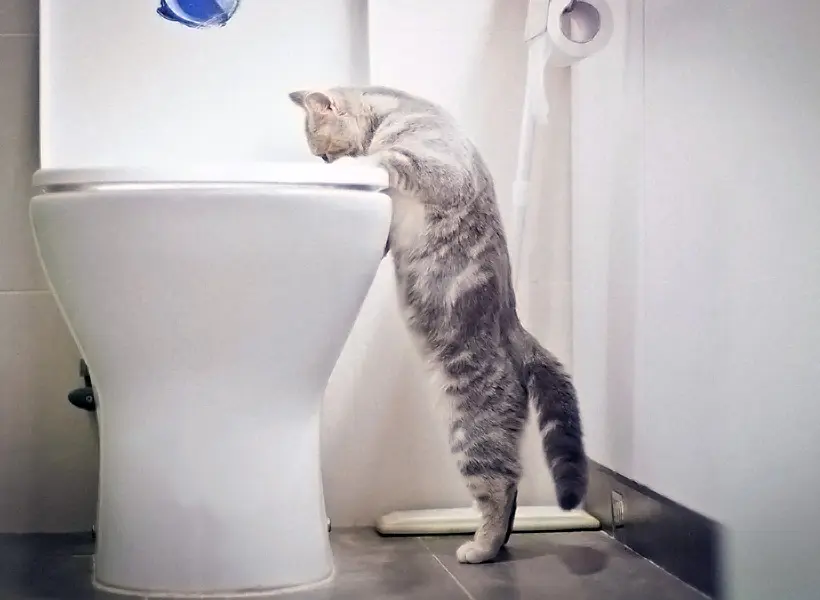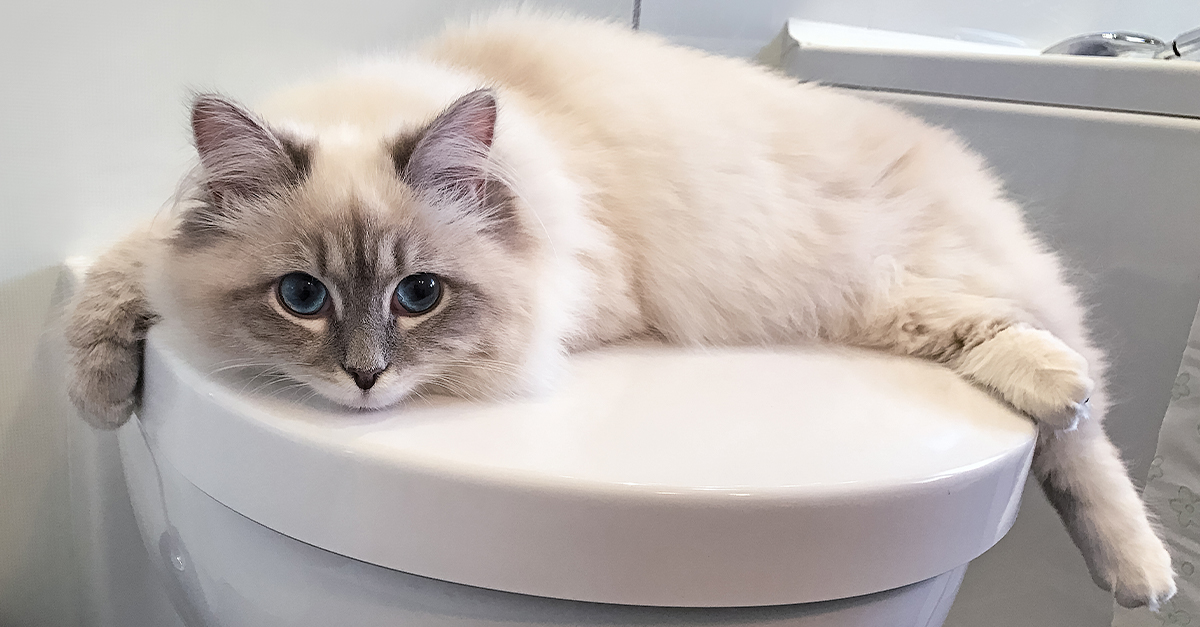Potential Issues of Flushing Cat Poop Down Your Toilet - Protect Your Pipes
Potential Issues of Flushing Cat Poop Down Your Toilet - Protect Your Pipes
Blog Article
We have uncovered the article relating to How to Dispose of Cat Poop and Litter Without Plastic Bags directly below on the internet and believe it made perfect sense to write about it with you on this site.

Intro
As pet cat owners, it's essential to bear in mind exactly how we throw away our feline good friends' waste. While it may appear practical to purge feline poop down the bathroom, this technique can have harmful effects for both the setting and human health.
Alternatives to Flushing
Luckily, there are safer and much more liable methods to throw away pet cat poop. Consider the following choices:
1. Scoop and Dispose in Trash
One of the most common method of taking care of feline poop is to scoop it into a biodegradable bag and toss it in the garbage. Be sure to make use of a devoted litter scoop and throw away the waste promptly.
2. Use Biodegradable Litter
Go with naturally degradable feline trash made from products such as corn or wheat. These clutters are environmentally friendly and can be securely thrown away in the trash.
3. Hide in the Yard
If you have a backyard, consider burying cat waste in an assigned location far from vegetable gardens and water sources. Make certain to dig deep enough to stop contamination of groundwater.
4. Mount a Pet Waste Disposal System
Buy a pet dog garbage disposal system especially created for pet cat waste. These systems utilize enzymes to break down the waste, minimizing smell and ecological effect.
Health and wellness Risks
Along with environmental problems, purging pet cat waste can additionally present health dangers to people. Cat feces may contain Toxoplasma gondii, a bloodsucker that can trigger toxoplasmosis-- a possibly serious illness, especially for pregnant females and people with damaged immune systems.
Ecological Impact
Flushing cat poop presents hazardous virus and bloodsuckers right into the water supply, positioning a considerable threat to marine ecosystems. These pollutants can adversely affect aquatic life and compromise water top quality.
Final thought
Liable family pet ownership expands beyond giving food and shelter-- it additionally entails proper waste administration. By refraining from purging pet cat poop down the toilet and choosing alternate disposal techniques, we can minimize our ecological footprint and secure human health and wellness.
Why You Should Never Flush Cat Poop Down the Toilet
A rose by any other name might smell as sweet, but not all poop is created equal. Toilets, and our sewage systems, are designed for human excrement, not animal waste. It might seem like it couldn’t hurt to toss cat feces into the loo, but it’s not a good idea to flush cat poop in the toilet.
First and foremost, assuming your cat uses a litter box, any waste is going to have litter on it. And even the smallest amount of litter can wreak havoc on plumbing.
Over time, small amounts build up, filling up your septic system. Most litter sold today is clumping; it is made from a type of clay that hardens when it gets wet. Ever tried to scrape old clumps from the bottom of a litter box? You know just how cement-hard it can get!
Now imagine just a small clump of that stuck in your pipes. A simple de-clogger like Drano isn’t going to cut it. And that means it’s going to cost you big time to fix it.
Parasitic Contamination
Believe it or not, your healthy kitty may be harboring a nasty parasite. Only cats excrete Toxoplasma in their feces. Yet it rarely causes serious health issues in the cats that are infected. Most people will be fine too if infected. Only pregnant women and people with compromised immune systems are at risk. (If you’ve ever heard how women who are expecting are excused from litter cleaning duty, Toxoplasma is why.)
But other animals may have a problem if infected with the parasite. And human water treatment systems aren’t designed to handle it. As a result, the systems don’t remove the parasite before discharging wastewater into local waterways. Fish, shellfish, and other marine life — otters in particular — are susceptible to toxoplasma. If exposed, most will end up with brain damage and many will die.
Depending on the species of fish, they may end up on someone’s fish hook and, ultimately on someone’s dinner plate. If that someone has a chronic illness, they’re at risk.
Skip the Toilet Training
We know there are folks out there who like to toilet train their cats. And we give them props, it takes a lot of work. But thanks to the toxoplasma, it’s not a good idea.

I ran across that blog post on Don’t flush cat feces down the toilet while doing a lookup on the search engines. Loved our piece of writing? Please share it. Let others discover it. Thanks a lot for going through it.
Book Report this page